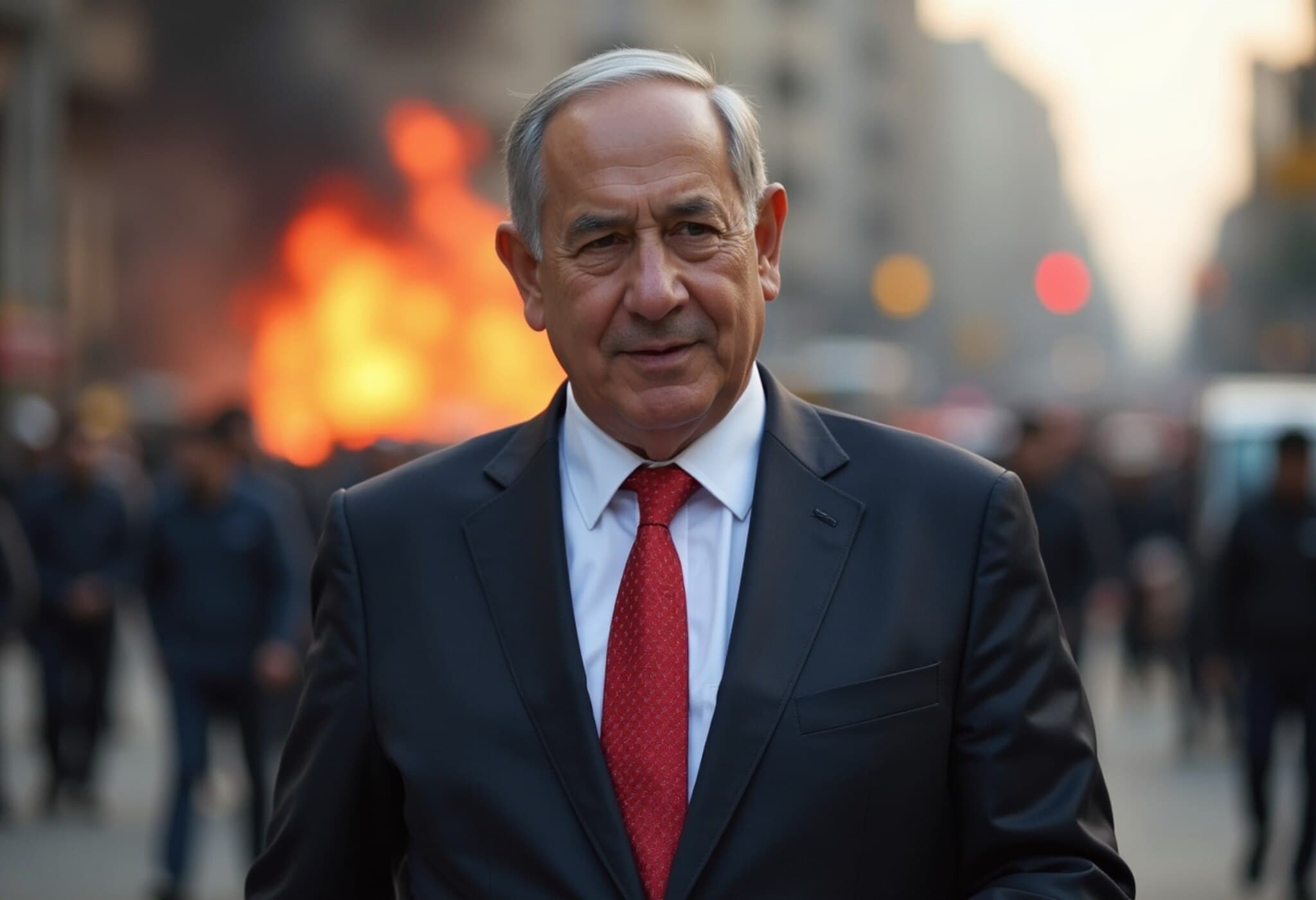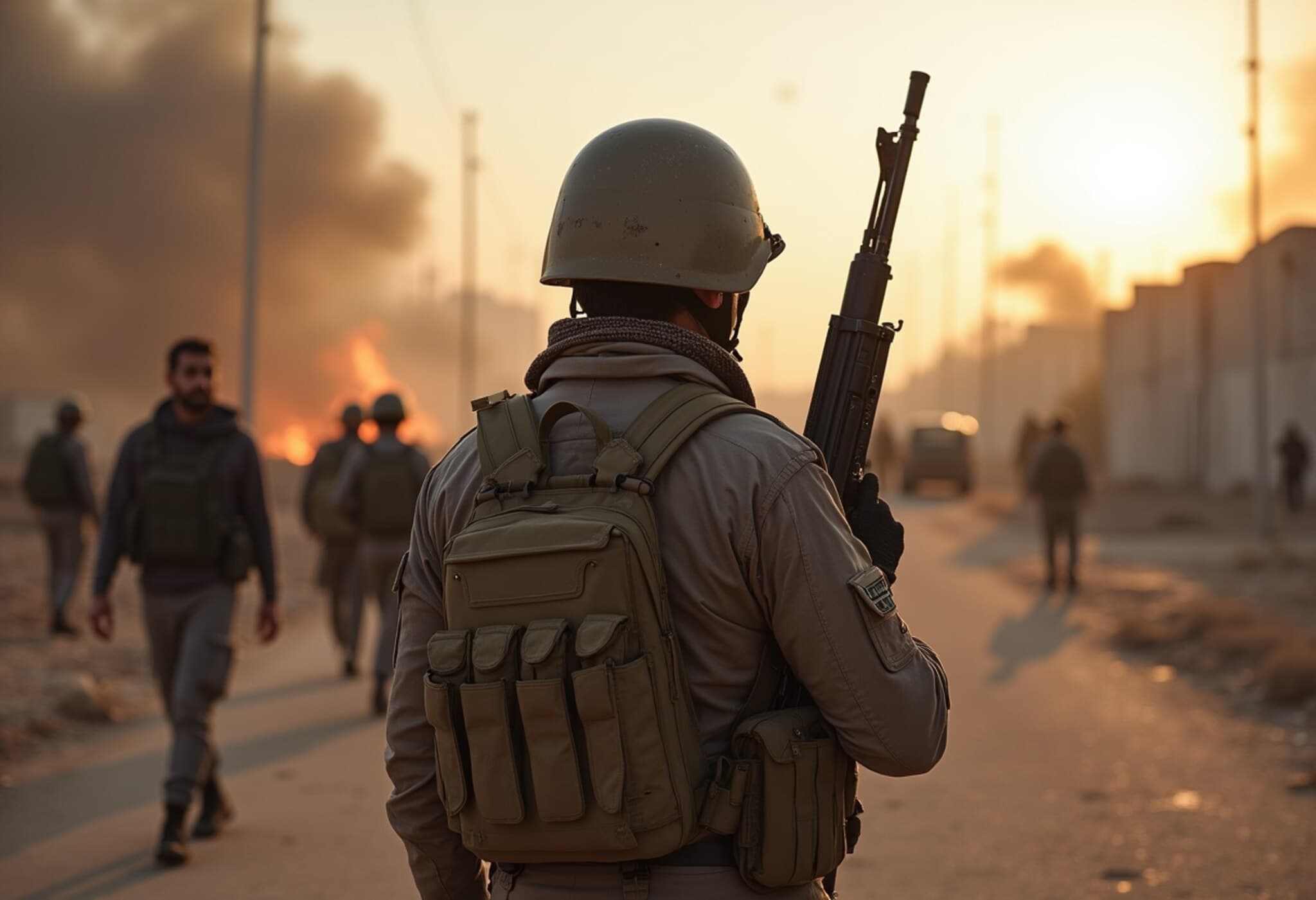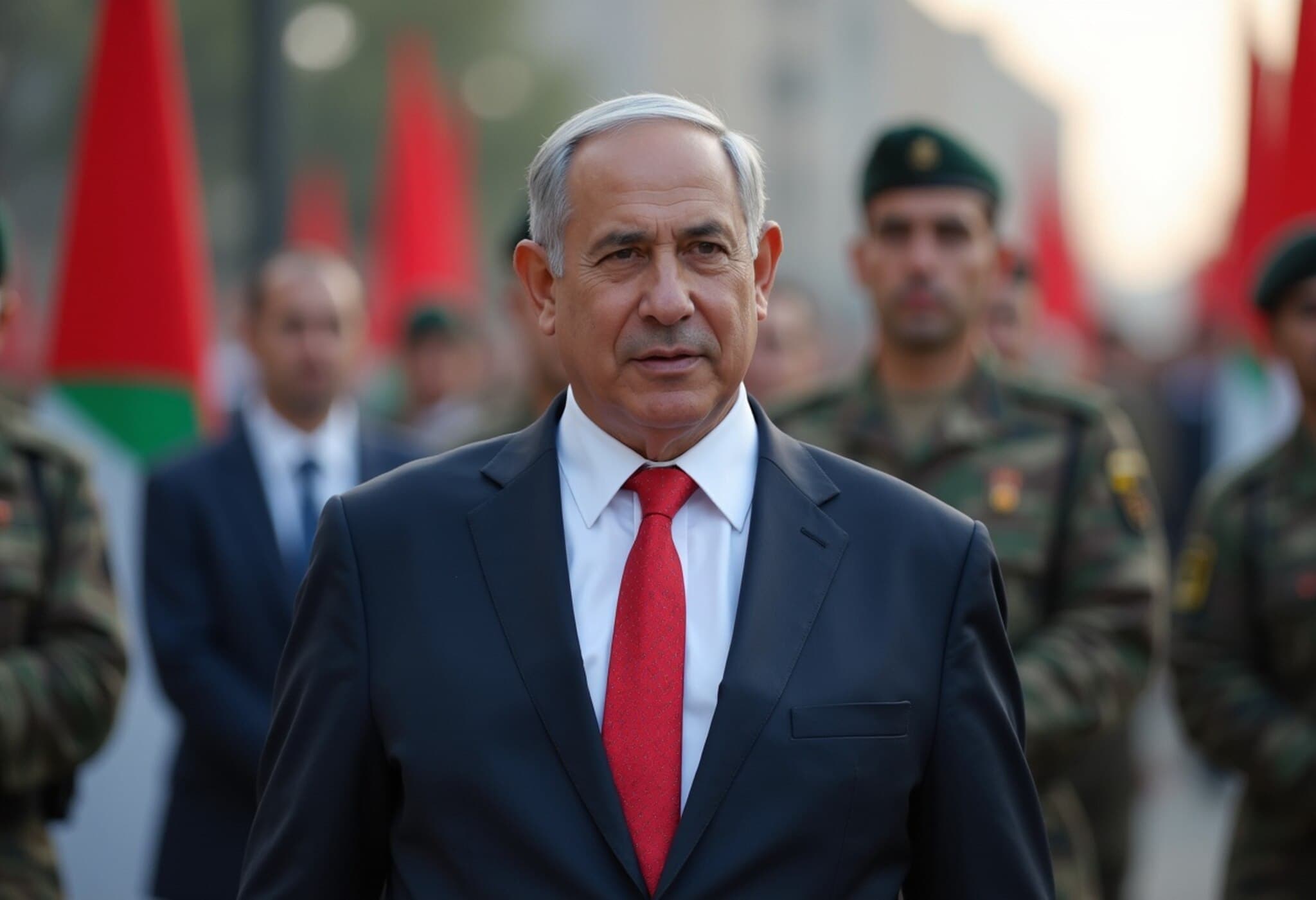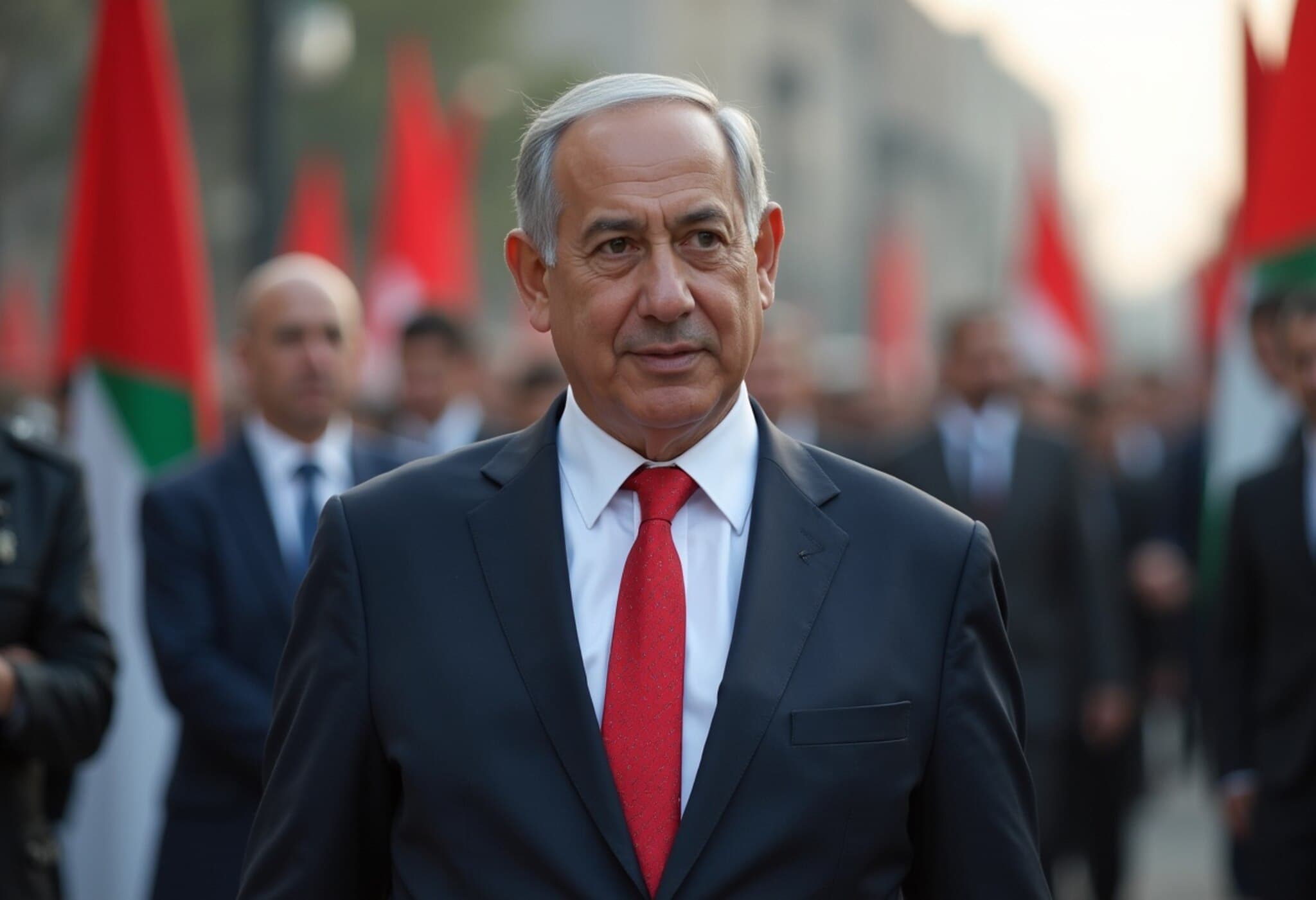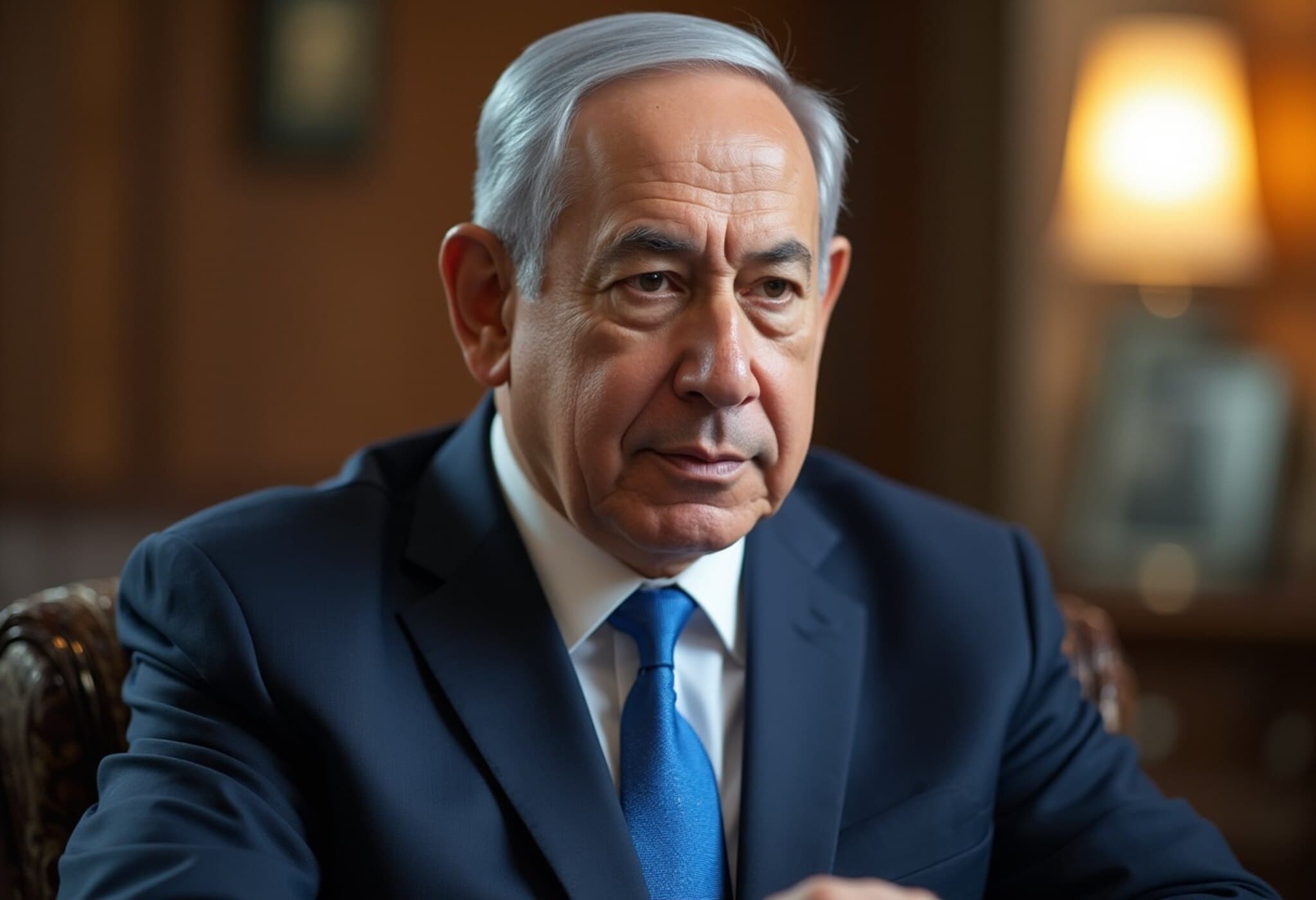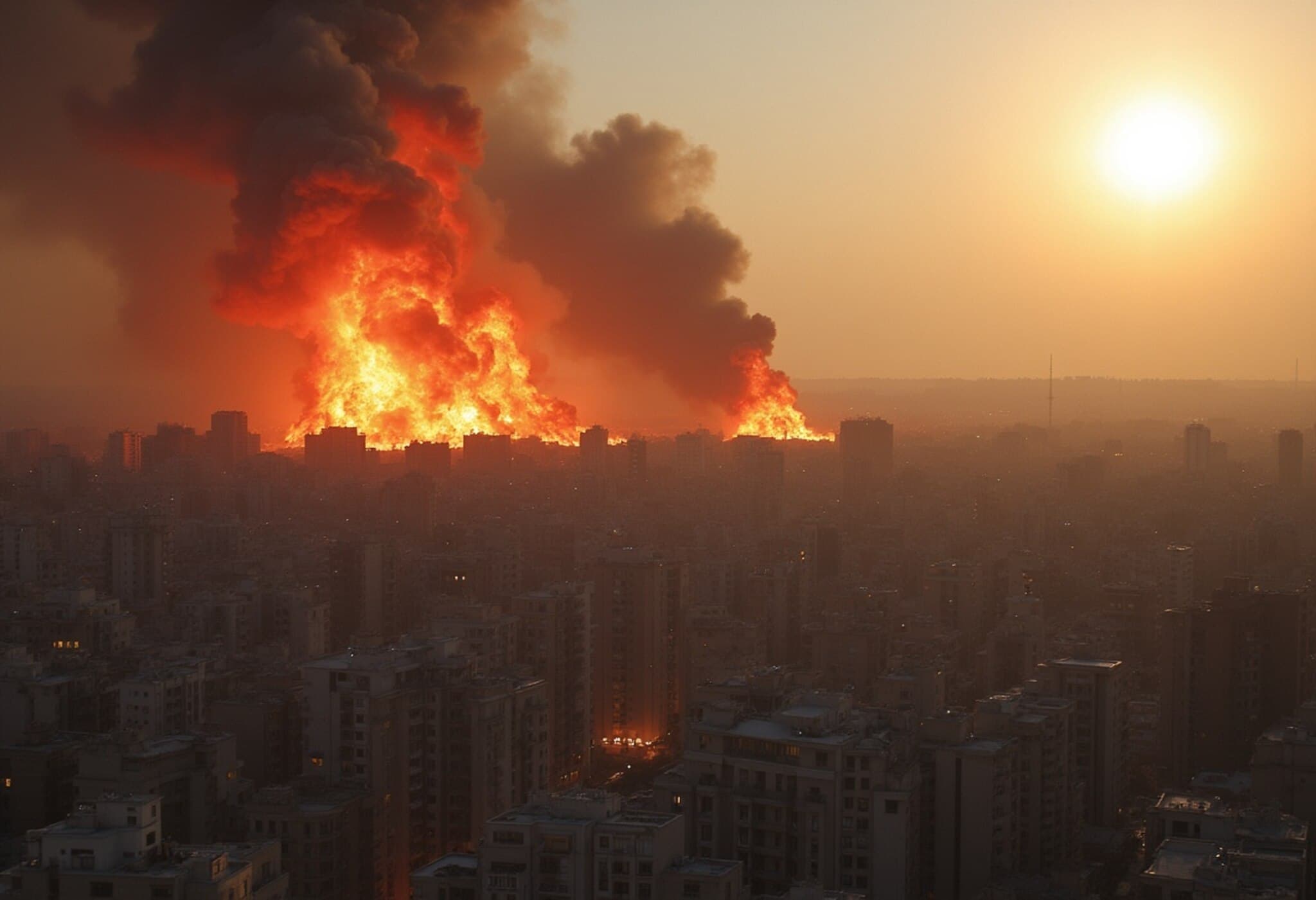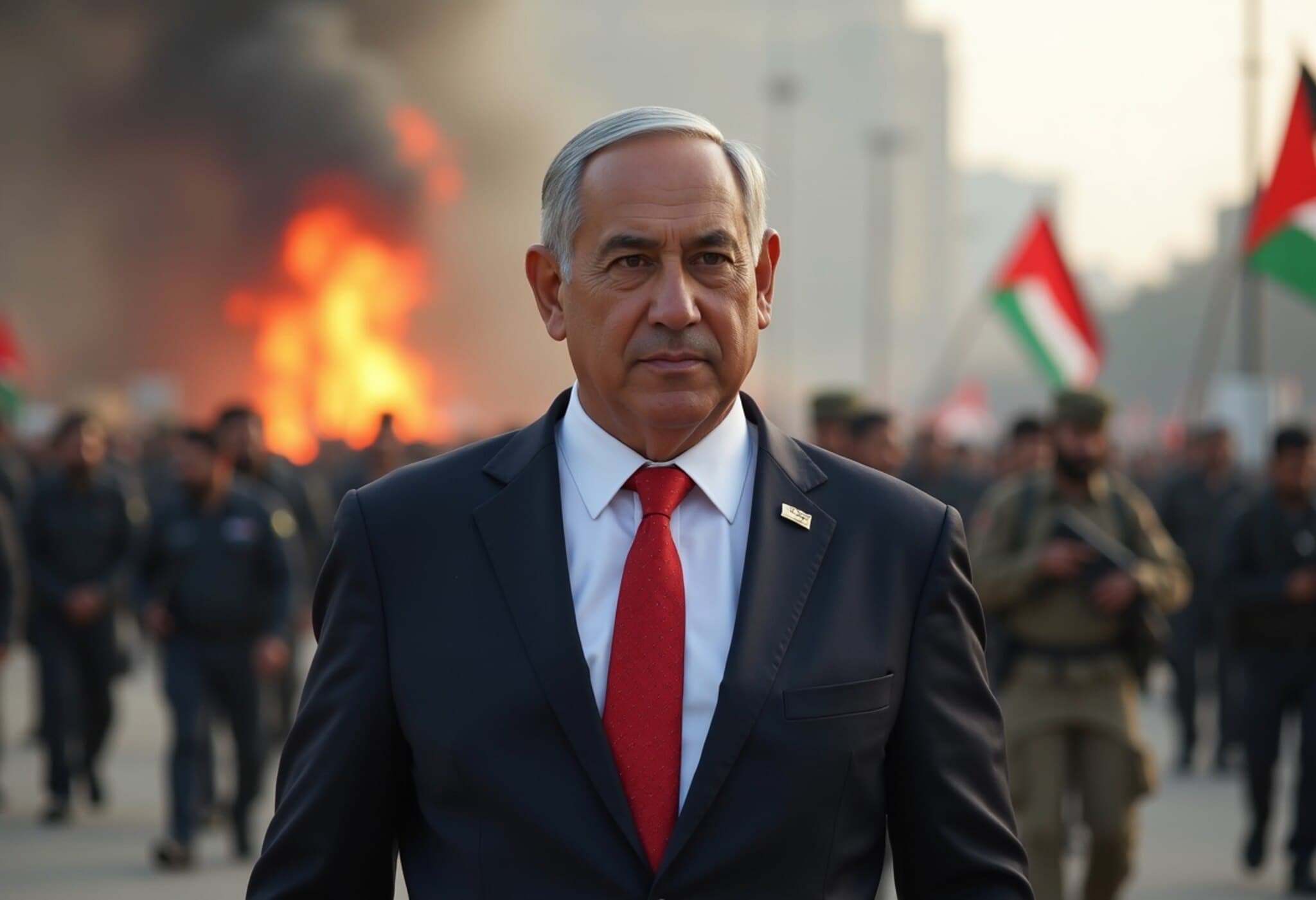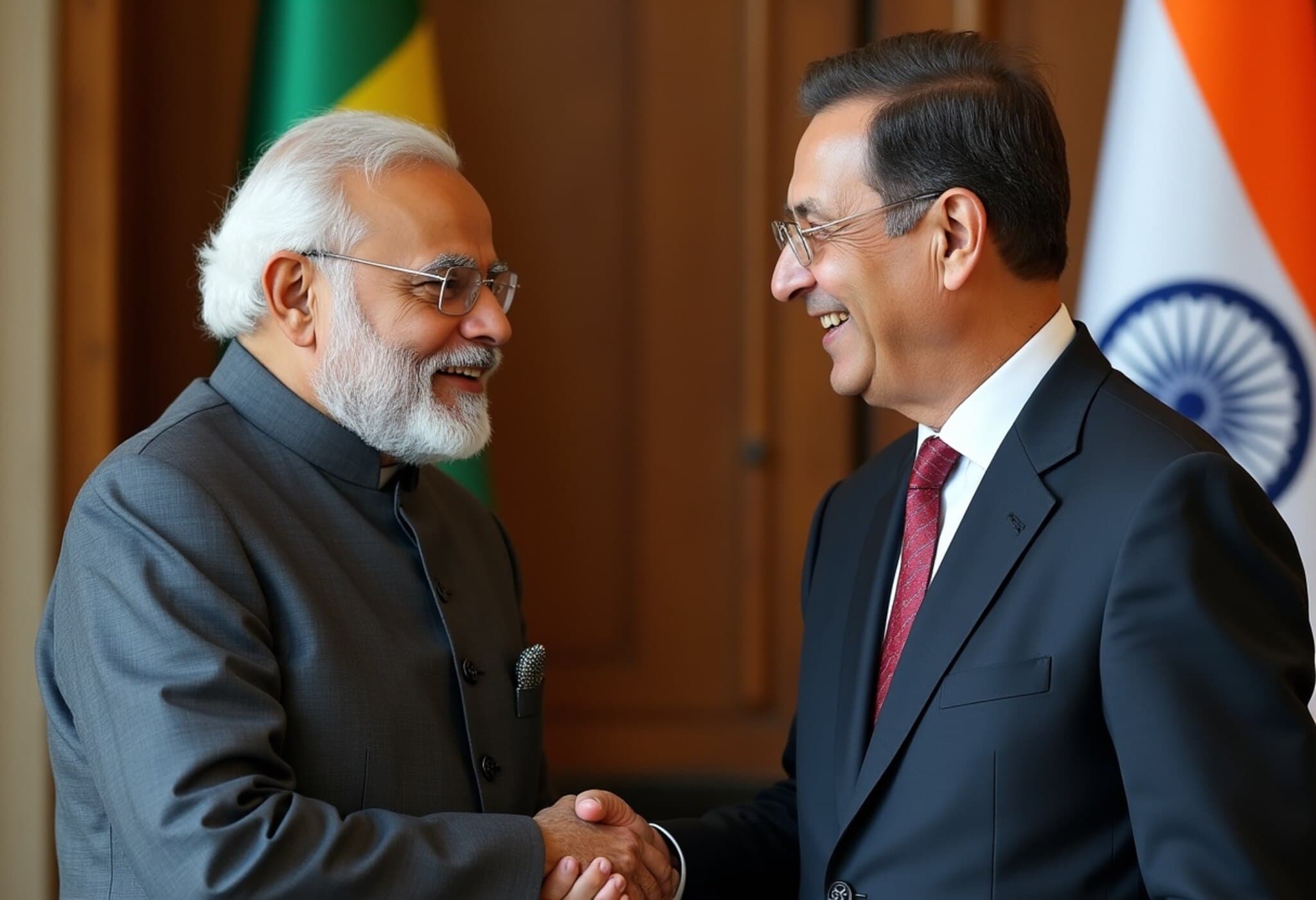Netanyahu Affirms Israel's Plan to Take Control of Gaza Strip
In a recent interview with Fox News, Israeli Prime Minister Benjamin Netanyahu made a definitive statement regarding Israel's strategic intentions in the Gaza Strip amid ongoing hostilities. He confirmed that Israel intends to take control of the entire Gaza enclave with the objective of securing national safety and dismantling Hamas, the militant group governing the territory.
Addressing questions ahead of a pivotal security cabinet meeting, Netanyahu emphasized that Israel’s approach is driven by security concerns. "We intend to, in order to ensure our security, remove Hamas there, enable the population to be free of Gaza and to pass it to civilian governance — that is not Hamas and not anyone advocating the destruction of Israel," he stated.
Distinguishing Between Control and Governance
Clarifying Israel's long-term ambitions, Netanyahu stressed that while Israel plans to establish control, it does not intend to govern Gaza permanently. "We don’t want to keep it. We want to have a security perimeter. We don’t want to govern it. We don’t want to be there as a governing body," he said, underlining Israel’s desire to maintain security without assuming administrative responsibilities.
Potential Military Ground Operation: Strategic and Humanitarian Implications
Reports from Israeli media sources, citing unnamed officials, indicate that the security cabinet is considering approval of a full-scale military occupation of Gaza. This potential operation aims to extend Israeli ground forces into the remaining 25% of Gaza that has so far escaped devastation from prolonged air and artillery bombardment.
The enclave, home to over 2 million Palestinians, has become severely fragmented with the majority of its population displaced into increasingly overcrowded refugee camps. According to UN estimates, nearly 87% of Gaza is under evacuation orders or designated as a military zone, exacerbating a dire humanitarian crisis.
Two-Phase Operation Targeting Gaza City
As outlined by Channel 12, the projected military plan would proceed in two distinct phases. The first phase involves seizing control over Gaza City, the political and economic heart of the enclave. Concurrently, there is an anticipated evacuation of approximately one million Palestinians—representing half of Gaza’s population—from the area.
This maneuver reportedly is intended to be a temporary measure enabling Israel to create a civilian infrastructure that excludes Hamas governance. However, the scale and execution of such an operation raise complex questions about civilian safety and the logistical capacity to support massive displacement.
Worsening Humanitarian Crisis in Gaza
The health ministry of Gaza has reported nearly 61,000 deaths since hostilities began, with close to 200 Palestinians, about half of whom are children, dying from starvation amid a blockade and restricted aid access. UN agencies warn that continued military engagement and blockade policies have spawned conditions resembling a man-made famine, with critical shortages of food, water, and medical supplies.
Compounding the crisis, the United Nations has criticized the Gaza Humanitarian Foundation (GHF), whose aid distribution sites have been targeted, resulting in over 850 casualties in those areas. The situation illustrates the severe challenges in delivering humanitarian assistance amid active conflict zones.
International and Regional Perspectives
International media and humanitarian organizations have expressed deep concern over the proposed ground assault’s potential to expand civilian casualties and displacements. While Israel asserts that such moves are necessary to secure its borders and eradicate terrorism, critics argue these actions risk exacerbating the humanitarian disaster and destabilizing the region further.
From an American policy perspective, Israel’s moves will likely reshape diplomatic dialogues and complicate ongoing efforts toward ceasefire negotiations. The anticipated security cabinet decisions may also influence US congressional debates over military aid and foreign policy directions in the Middle East.
Emerging Questions and the Path Ahead
As the security cabinet deliberates, several critical questions loom:
- How can Israel balance its security imperatives with the urgent humanitarian needs of Gaza’s civilian population?
- What frameworks exist or can be developed to ensure a responsible transition of governance away from Hamas without prolonged Israeli administrative control?
- How will the international community, including the US and UN, engage to mitigate further loss of life and displacement?
These questions underscore the complexity of achieving a lasting resolution in a region where historical grievances and present-day realities collide.
Editor’s Note
The recent declarations by Prime Minister Netanyahu mark a pivotal moment in the Gaza conflict, highlighting a strategic shift from reactive defense to proactive territorial control. However, the human cost, as underscored by the staggering fatalities and deepening humanitarian crisis, remains a sobering counterpoint. Policymakers and international observers must grapple not only with military tactics but also with the ethical and practical concerns of governance, civilian protection, and long-term stability in Gaza. As this story unfolds, it serves as a reminder of the intertwined nature of security and humanity in one of the world's most enduring conflicts.

